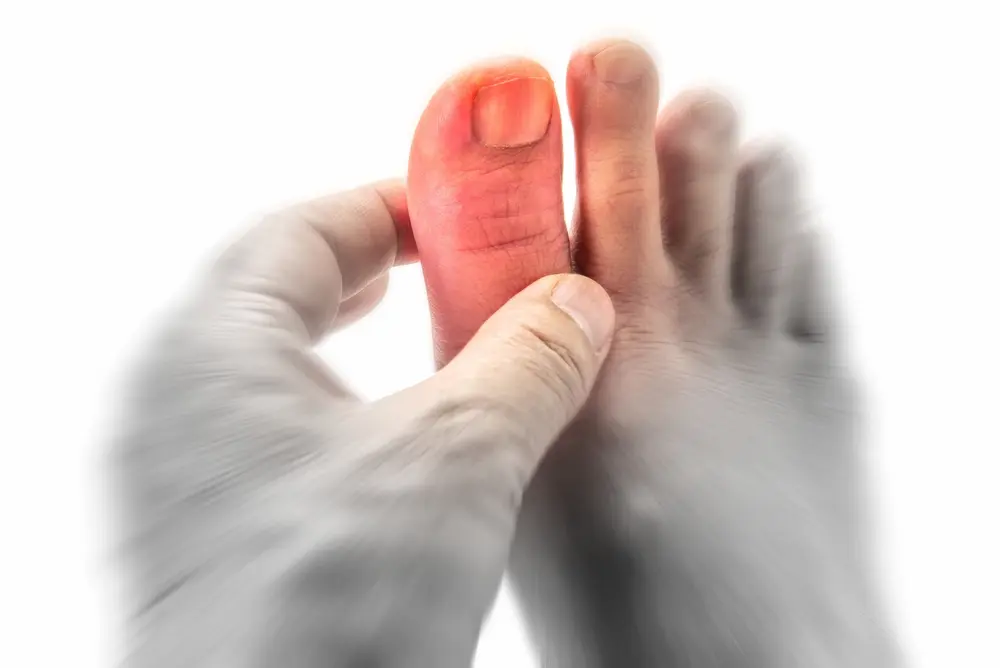
Cardiovascular disease is a pressing issue in the United States, affecting a substantial portion of the population. According to the American Heart Association, nearly 50% of all US adults have some form of cardiovascular disease (CVD). This reality means researchers and clinicians are invested nationwide in developing better interventions and treatments to address the rising prevalence of heart disease among Americans.
Clinical trials are at the forefront of the concerted effort to address heart disease in the United States. With an estimated 17.9 million lives lost each year globally due to cardiovascular diseases, the urgency to develop better interventions and treatments has never been more pressing. In this landscape, clinical trials emerge as pivotal platforms for innovation, research, and progress in the quest for healing hearts. Organizations like Science 37 are leading the charge by enabling universal trial access for patients.
The World Health Organization (WHO) describes CVDs as a group of disorders of the heart and blood vessels that include hypertension, rheumatic heart disease, coronary artery disease, atrial fibrillation (AFib), cerebrovascular disease, etc. Over 4 in 5 cardiovascular deaths in the US are as a result of strokes or heart attacks, and a third of these deaths happen prematurely in people under 70 years old.
Heart disease symptoms vary based on the type of heart condition and range from mild to life-threatening. Conditions like coronary artery disease reduce blood flow to the heart and other body parts and can lead to chest pains, stroke, or heart attack. On the other hand, the symptoms of irregular heartbeats include dizziness, chest pain/discomfort, slow heartbeat, and, in some cases, cardiac arrest.

The exact cause of heart disease is unknown, but there are many risk factors like smoking, high blood pressure, diabetes, family history, inactivity, obesity, etc. The more risk factors one has, the higher the chances of developing the condition. CVD is the leading cause of death in the US – it claims a life every 33 seconds.
The good news is, heart disease can be managed effectively with a combination of medication, lifestyle changes, and, in some cases, surgery. Treatment plans may include medications like beta blockers, statins, blood thinners, diuretics, and procedures like coronary angioplasty, Coronary artery bypass graft, and heart transplant.
Clinical trials for heart disease have played a pivotal role in shaping the landscape of cardiac care. The earliest trials were done in the 1950s, but it wasn’t until the 70s and 80s that the results of clinical trials profoundly impacted the management and treatment of heart disease.
Before the outcomes of the first trial in the late 60s, medical decisions were anecdote-based, guided by untested therapies and confounded observational studies. The emergence of clinical trial outcomes challenged these practices, introducing a new era of evidence-based medicine for heart disease.
The overarching goal in treating heart disease has always been to alleviate symptoms and enhance the quality of life for patients. However, the approach to achieving these goals has evolved over the years through distinct periods of medical progress.
The treatment strategies employed today are not confined to singular goals but rather encompass a comprehensive mix aimed at improving symptoms, correcting disease markers, and enhancing overall clinical outcomes.
There’s also a significant shift towards patient-centric care. Participants are not just subjects; they are active contributors to the advancement of scientific knowledge. Inclusive participation ensures that diverse populations are represented, enhancing the generalizability of trial findings and promoting equitable access to emerging therapies.
Medical professionals and researchers are continuously working toward developing innovative treatments to combat CVDs. Clinical trials are exploring minimally invasive surgeries, new medications, and lifestyle interventions to help restore blood flow, prevent further damage to the heart, and improve the quality of life for patients with coronary artery disease.
Clinical research studies are also exploring the underlying causes of myocardial infarction to develop targeted therapies that can treat the immediate condition and prevent future cardiac events. A promising area of focus is regenerative medicine, which aims to stimulate the growth of new blood vessels and repair damaged heart tissue.

Researchers are also exploring the efficacy of targeted drug therapies designed to modify specific molecular pathways involved in the development and progression of myocardial infarction. This aims to mitigate the immediate impact of MI and lay the foundation for long-term prevention.
Moreover, the ongoing trials assess novel diagnostic techniques, such as advanced imaging technologies like cardiac MRI and CT scans. These technologies provide detailed insights into the structure and function of the heart, enabling early detection of potential issues. Early diagnosis, facilitated by these advancements, allows for prompt intervention and treatment, ultimately reducing the risk of complications and improving overall patient outcomes.
There are ongoing trials for congestive heart failure focusing on innovative medications that target specific mechanisms implicated in heart failure. These medications reduce symptoms, improve heart function, and prevent disease progression. Researchers are also studying device therapies like cardiac resynchronization therapy and implantable cardiac defibrillators to enhance heart function and improve quality of life.
In addition to medical interventions, clinical trials investigate lifestyle interventions as integral components of CHF management. Trials rigorously assess the effectiveness of interventions such as dietary modifications and exercise regimens in promoting heart health and mitigating the impact of CHF.
Participation in cardiac clinical trials is a powerful way to contribute significantly to cardiovascular health, research and pave the way for successful treatment adoptions. These trials help advance our understanding of heart conditions, explore innovative treatment modalities, and shape the future landscape of cardiovascular care.
Successful treatment adoption hinges on individuals' diverse and representative participation in clinical trials. Enrolling in these trials ensures that potential treatments are rigorously tested across various demographics, ensuring their efficacy for a broad spectrum of individuals. Your involvement in heart clinical trials is a proactive step towards advancing medical science and contributing to developing interventions that can positively impact countless lives.
You have the power to make a lasting impact on cardiovascular health. Consider enrolling in Science 37 clinical trials—a leading organization dedicated to accelerating clinical research. Your participation will contribute to cutting-edge advancements in heart health and bring us one step closer to improved treatments and a healthier future.


